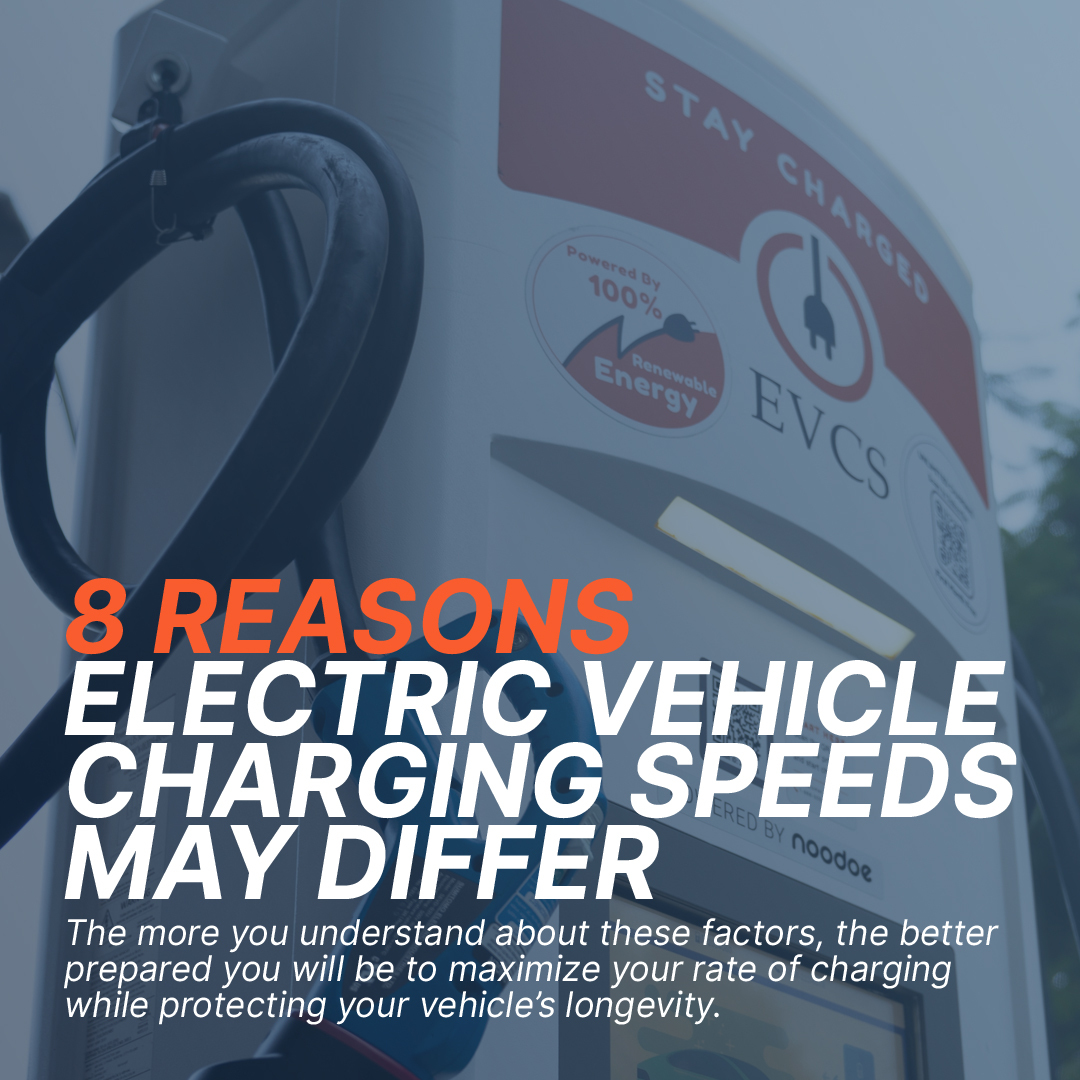Electric vs Gas: An Apple to Apples Comparison
The first quarter of 2022 saw a 60% increase in American EV registrations, according to Car and Driver, thanks in large part to a boost in model offerings, expanded infrastructure and an aggressive push by industry stakeholders aimed at educating the public. Yet EVs make up less than 5% of the total vehicles on US roads, with many consumers still reticent to take the leap. However, the fact that many states plan to ban the sale of new gasoline-powered, or internal combustion engine (ICE) vehicles in the next 10 to 20 years means these same consumers are having to take a long hard look at their electric biases to determine how EVs truly compare. In that vein, we decided to do our own comparison, laying out the pros and cons, and some of the findings may surprise naysayers.
READ MOREEVCS Selected by Washington State Department of Transportation to Help Support The Adoption of Fast, Reliable Public EV Charging
LOS ANGELES – January 24, 2023 -- EV Charging Solutions (EVCS), one of the largest electric vehicle (EV) fast-charging network operators on the West Coast, today celebrates the award of $8.1M to build and retrofit 21 EV Fast Charging locations in Washington state. Awarded by the Washington State Department of Transportation's (WSDOT) Zero-Emission Vehicle Infrastructure Partnerships (ZEVIP) to Forth and Energy Northwest, these partnerships will support EVCS’s installation of 76 new and upgraded EV chargers along priority corridors in Washington.
READ MOREThe Benefits of Going Electric and How EVCS is Making the Transition Easier
The inevitability of electric as the future’s dominant transportation mode seems all but assured at this point, yet many still question the benefits of transitioning to an EV. They cite things like higher vehicle purchase prices, limited charging infrastructure, and longer refueling times. While some such concerns are not entirely without merit, a deeper look reveals how far the industry has come in mitigating such issues, with the pros of EV ownership now far outweighing the cons. Consider just a few examples.
READ MORE2022: A Year in Review
As 2022 draws to a close, the EVCS team looks back on a year filled with so much progress and success across our industry.
READ MORE8 Reasons Charging Speeds May Differ
As one of the country’s premier installers of EV infrastructure, we’re often asked by clients why vehicle charging speeds tend to differ so dramatically. The answer is… there is no one answer. In fact, reasons can be diverse and complex. Below, we summarize several factors that may be affecting your charging speeds. The more you understand about these factors, the better prepared you’ll be to maximize your rate of charging while protecting your vehicle’s longevity.
READ MORE.svg)
.svg)

.svg)

.jpeg)




.jpg)




